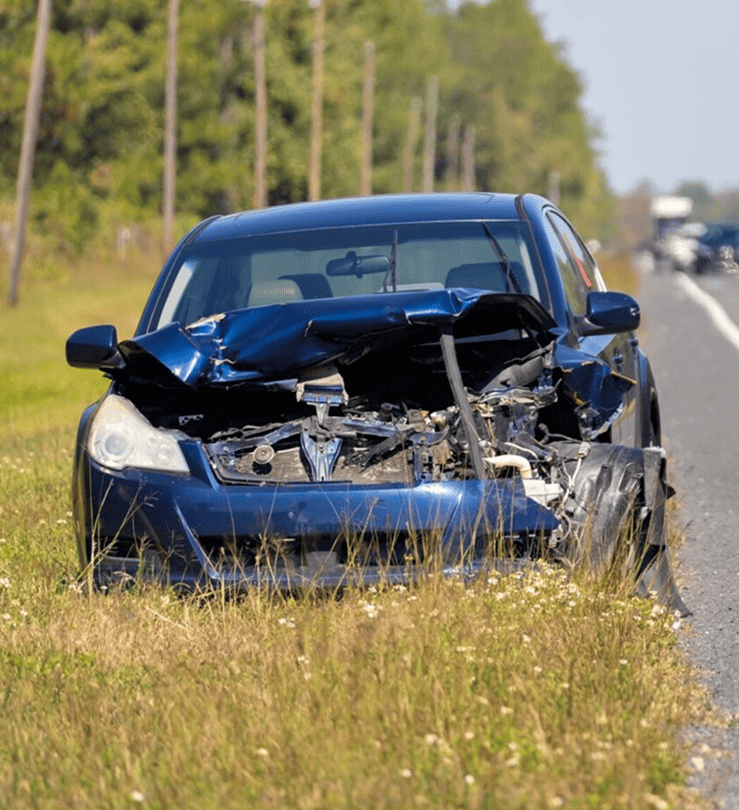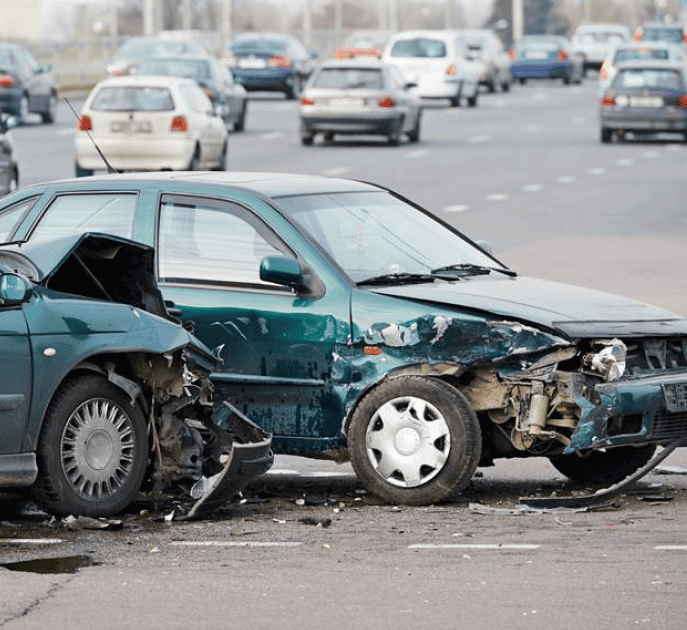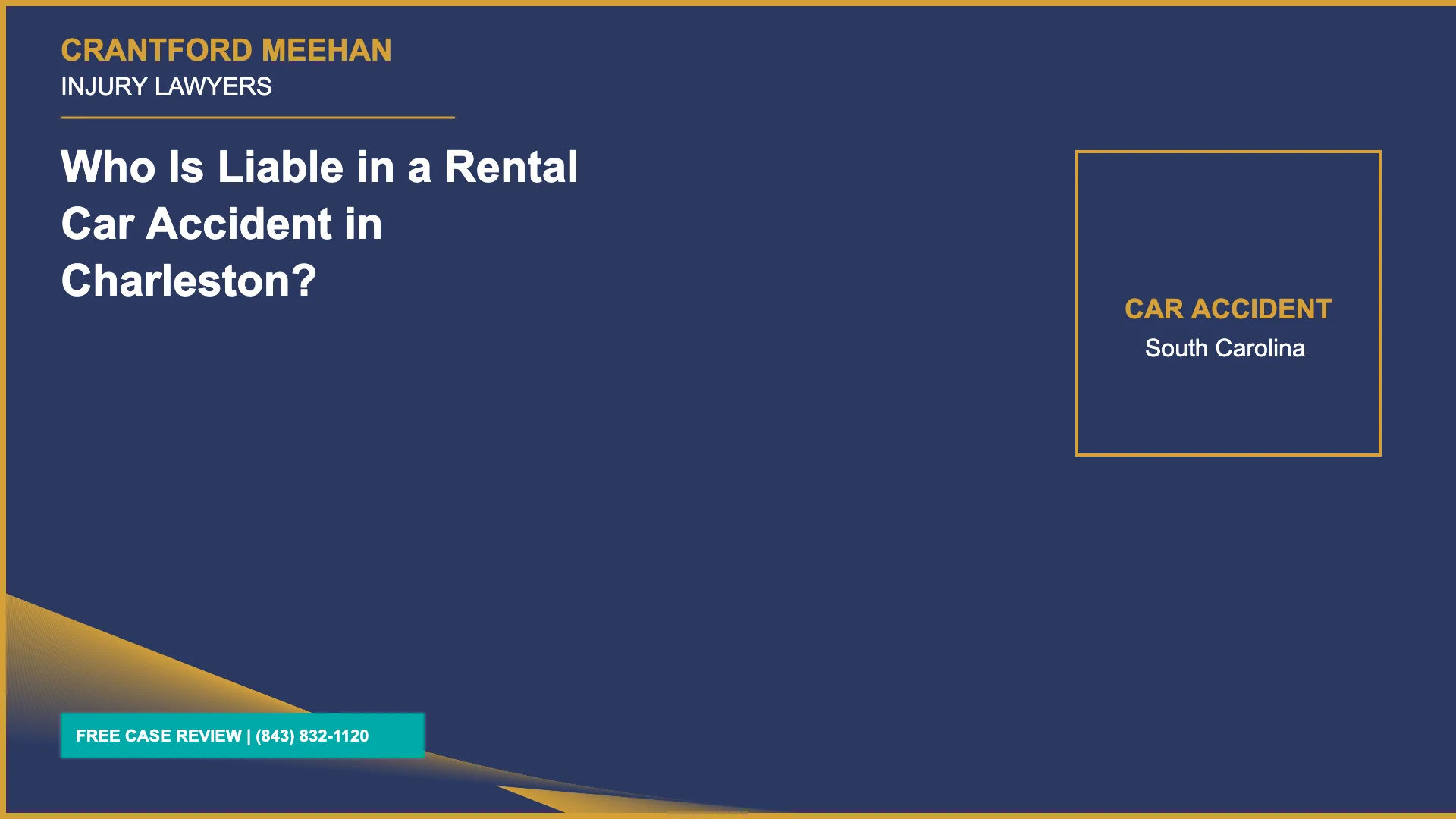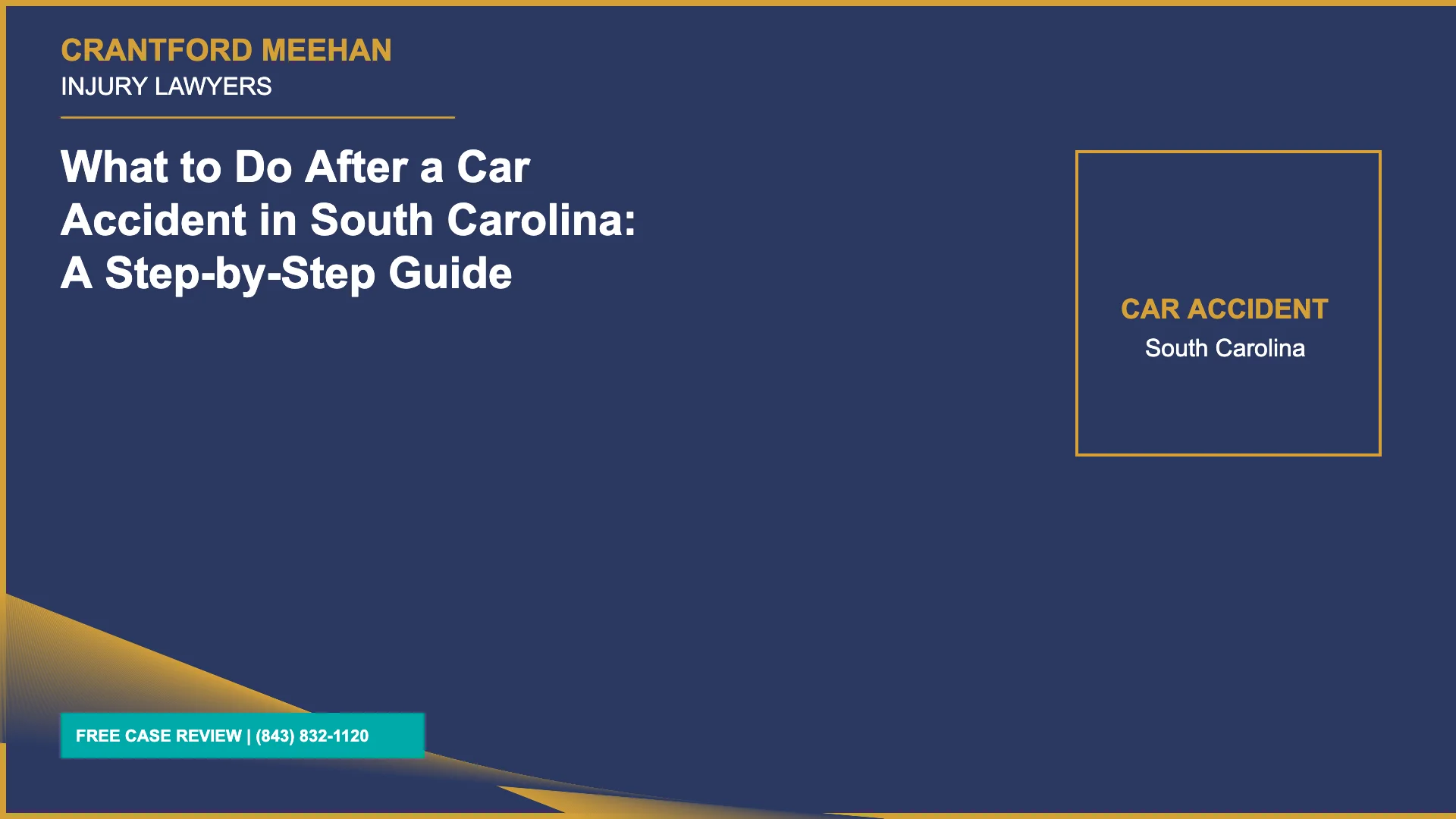Following a car accident, it is not uncommon for individuals to experience emotional distress. Some of the most common symptoms of emotional distress after a car accident include:

Car accidents can be traumatic experiences that leave victims with both physical injuries and profound emotional distress. While physical injuries like broken bones, cuts, and bruises are immediately apparent, pursuing emotional distress compensation after a car accident addresses the often-overlooked psychological impact. Emotional distress from such incidents can be as debilitating as physical harm, significantly affecting an individual’s quality of life for the long term.
What is Emotional Distress?
Emotional distress is a broad term used to describe the emotional and psychological responses that an individual experiences after a traumatic event, such as a car accident. Emotional distress can include fear, anxiety, depression, anger, guilt, shame, and helplessness. It can manifest as physical symptoms like insomnia, nightmares, and flashbacks.
Symptoms of Emotional Distress After a Car Accident

Anxiety
Anxiety is a common emotional response following a car accident. It can manifest as feelings of restlessness, irritability, and worry. Individuals may also experience physical symptoms such as muscle tension, sweating, and heart palpitations. Anxiety can prevent you from engaging in normal daily activities and may require treatment from a mental health professional.
Depression
Depression is another common emotional response following a car accident. It can manifest as sadness, hopelessness, and a lack of interest in once-enjoyable activities. Physical symptoms of depression may include fatigue, changes in appetite, and difficulty sleeping. Depression can significantly impact an individual’s quality of life and may require treatment from a mental health professional.
Post-Traumatic Stress Disorder (PTSD)
PTSD is an anxiety disorder that can develop after a traumatic event, such as a car accident. Symptoms of PTSD may include flashbacks, nightmares, and a persistent sense of danger or fear. PTSD can significantly impact an individual’s daily life and may require treatment from a mental health professional.
Fear of Driving
After a car accident, some individuals may develop a fear of driving or riding in a car. This fear can be debilitating and can affect an individual’s ability to perform daily activities. Treatment may include exposure therapy or other forms of behavioral therapy.
Emotional Numbness
Some individuals may experience emotional numbness after a car accident. This can manifest as a lack of emotions or a feeling of detachment from reality. Treatment may involve therapy or other forms of counseling to help individuals process their emotions and return to a state of emotional regulation.
Guilt
After a car accident, some individuals may experience feelings of guilt, especially if they believe they were at fault for the accident. These feelings of guilt can be debilitating and may interfere with an individual’s ability to move on from the accident. Treatment may involve therapy or counseling to help individuals process their emotions and move forward in a healthy way.
It is important to note that these emotional responses are normal following a car accident. However, if these symptoms persist or interfere with daily life, seeking help from a mental health professional may be necessary. At Crantford Meehan, we understand the impact of car accidents on an individual’s emotional well-being. We are dedicated to helping our clients get the support they need to recover physically and emotionally.
Our Areas Of Practice a full service law firm
Legal Options for Emotional Distress After a Charleston Car Accident
You may be entitled to compensation if you have been involved in a car accident and have experienced emotional distress. In South Carolina, the law recognizes emotional distress as non-economic damages people can claim in a personal injury lawsuit.
To recover damages for emotional distress, you must prove that the emotional distress was a direct result of the car accident. You can present evidence such as medical records, witness statements, and expert testimony.
Working with an experienced Charleston car accident lawyer can help ensure you receive the compensation you deserve for your emotional distress. An attorney can help you gather evidence, negotiate with insurance companies, and represent you in court if necessary.

SERVING YOU 24/7
(843) 832-1120Compensation for Emotional Distress
Compensation for emotional distress can include both economic and non-economic damages. Economic damages refer to quantifiable losses, such as medical expenses and lost wages. Non-economic damages refer to losses that are not easily quantifiable, such as pain, suffering, and emotional distress.
In South Carolina, there is no cap on non-economic damages, which means that the compensation you can receive for emotional distress is not limited by law. However, non-economic damages can be more difficult to quantify than economic damages, and it is important to work with a Charleston personal injury attorney who has experience valuing them.
- $1,272,800 Single Car Collision
- $125,000 Car collision
- $100,000 Car collision
- $400,000 Pedestrian v. Car Collision
- $130,000 Single Car Collision

Contact Crantford Meehan for Help Today
If you have been involved in a car accident and are experiencing emotional distress, we encourage you to contact us for a free consultation. We will take the time to listen to your concerns and help you understand your legal options.
Remember, you are not alone. With the right support and guidance, you can overcome the emotional distress caused by a car accident and move forward with your life. Let our team of caring attorneys help you on this journey.
SERVING YOU 24/7
(843) 832-1120CLIENT TESTIMONIALS WHAT PEOPLE ARE SAYING ABOUT US

You Deserve Justice for the Emotional Distress You Experience
If you or a loved one has been involved in a car accident and is experiencing emotional distress, seeking help from a qualified professional is important. In addition to providing support and guidance, an experienced attorney can help you pursue compensation for your damages.
At Crantford Meehan, we understand the impact that car accidents can have on your physical and emotional life. We are dedicated to providing compassionate legal representation to help our clients through this difficult time.
Frequently Asked Questions
-
What is emotional distress in a car accident case?
Emotional distress refers to the psychological impact of a traumatic event like a car accident. It includes feelings like anxiety, depression, PTSD, and fear, which may require professional treatment. It can significantly affect the victim’s quality of life.
-
Can I claim compensation for emotional distress after a car accident in Charleston?
-
How do I prove emotional distress in a car accident case?
-
What kind of compensation can I receive for emotional distress after a Charleston car accident?
-
How long do I have to file a lawsuit for emotional distress damages in Charleston?
-
How much will it cost to hire a lawyer for emotional distress damages in Charleston?
NATIONALLY RECOGNIZED LAW FIRM
LEGAL INSIGHTS TOP POSTS
February 23, 2026
Who Is Liable in a Rental Car Accident in Charleston?
If you’ve been in a rental car accident in Charleston, you’re probably wondering who pays for the damage and injuries. The answer d..
CONTINUE READINGREQUEST YOUR FREE CONSULTATION
GET THE HELP YOU NEED
Fill out the form below to get in touch with us!



















